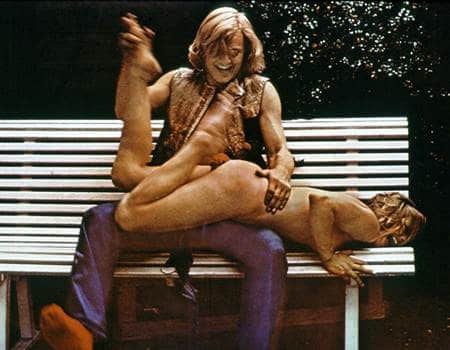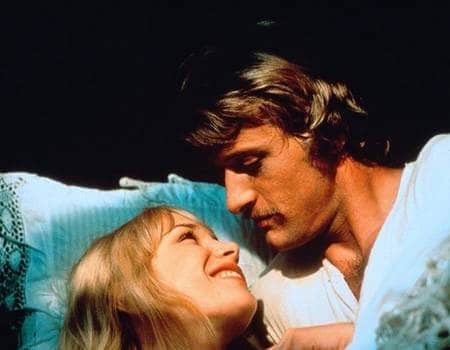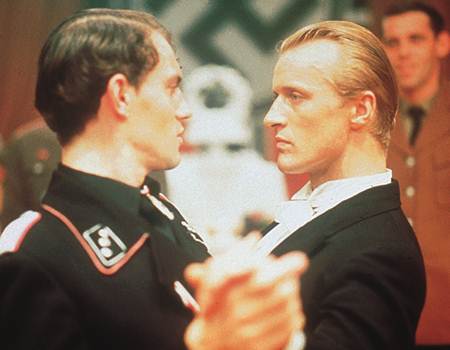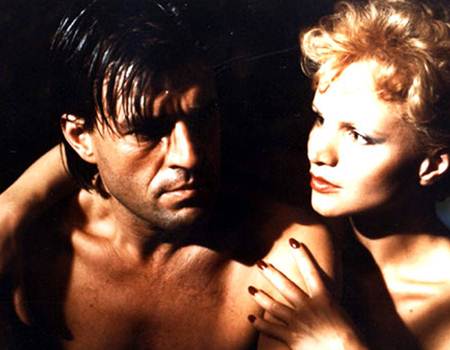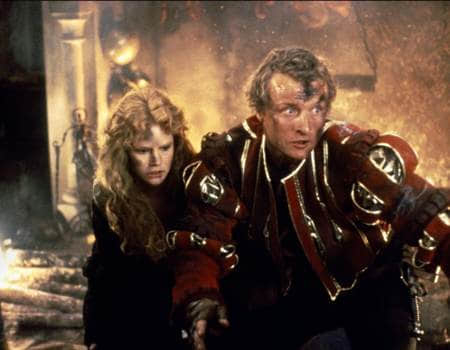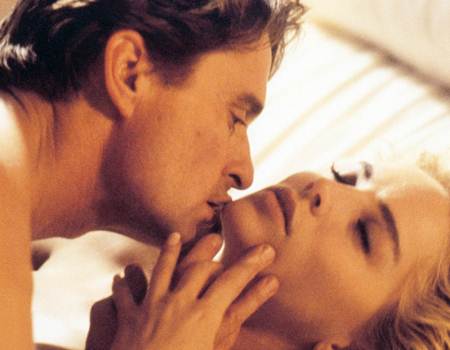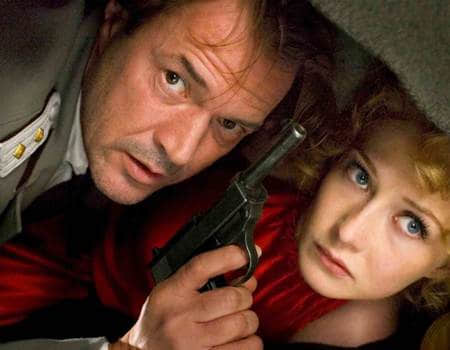Programme
Paul Verhoeven, The Gutsy Provocateur
At age 78, Paul Verhoeven managed to anger, divide and delight audiences at Cannes this year with his latest feature, Elle, an unusual story of rape and revenge which many American actresses had rejected. Sensuality, violence, complex (and dangerous) women and strongly creative men have swirled through the director’s work for decades, in his native Netherlands and his adopted Hollywood home in a process of constant directorial reinvention. Championed as the best of Dutch filmmaking, scorned for his misogyny and misunderstood for his satire, Verhoeven leaves an impression – and arguments – with every film.
Born in Amsterdam in 1938, Verhoeven grew up in wartime Holland before pursuing advanced education in sciences. Yet his attraction to film proved overwhelming even in his military service, and his Dutch films offer thoughtful explorations of love, patriotism and injustice amid death and betrayal. After two decades, he moved to America, exchanging arthouse films for big-budget movies where his explorations of sex, violence and identity became bigger but not always successful. In a third stage, Verhoeven moved back to the fami liar territory of wartime relationships and betrayals to regain his position as a major Dutch filmmaker before challenging the world with his vision of women and power at Cannes.
How do we read this elusive director, who can evoke tender emotions in complex stories told through beautiful cinematography that demand the attention of a festival audience and then produce a box-office smash like RoboCop (1987) or an epic failure like Showgirls (1995)? What are the links between the used women of so many early films and the female routes to power that unnerve us in later films? The homosocial (and homosexual) relations of men and women that so easily become betrayals as well? The fascination with religion – Verhoeven wrote a book on Jesus of Nazareth and has talked about a film – that sometimes seem to shake the very foundations of morality? Verhoeven’s works remain powerful questions with few easy answers: a cinematic journey over five decades with no signs of slowing down.
